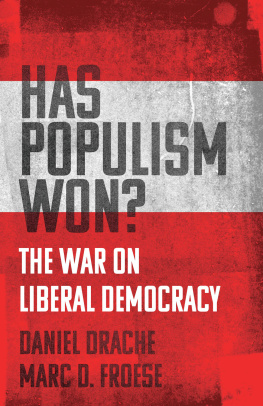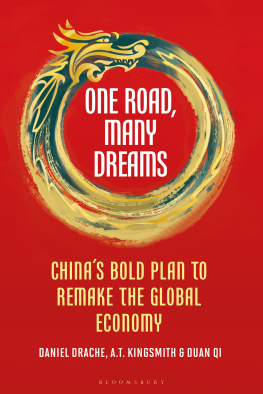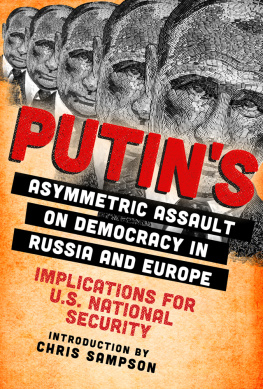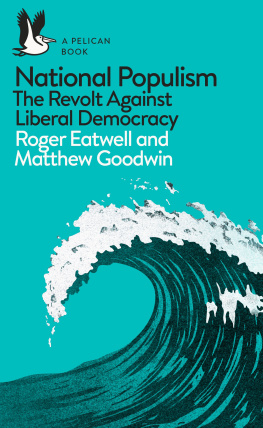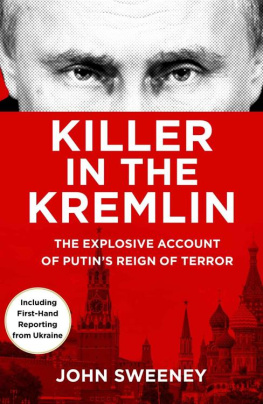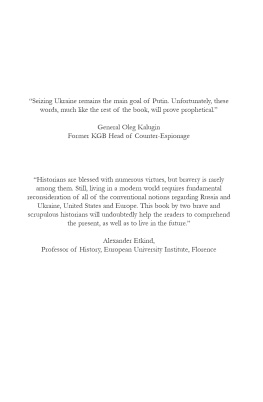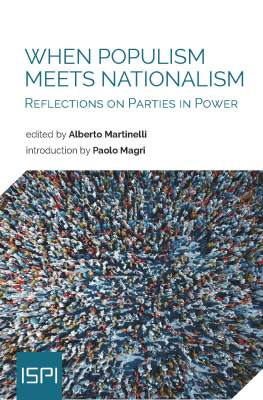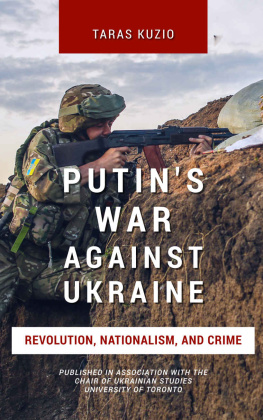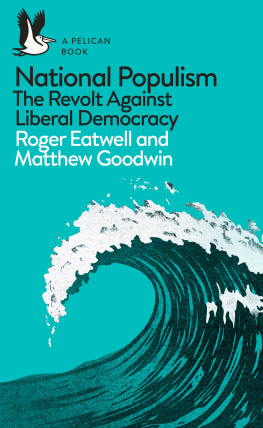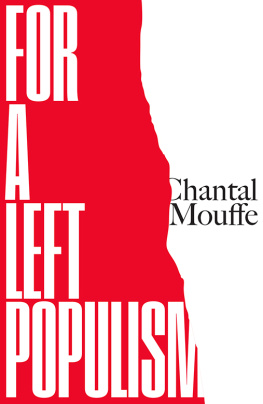Daniel Drache - Has Populism Won?: The War on Liberal Democracy
Here you can read online Daniel Drache - Has Populism Won?: The War on Liberal Democracy full text of the book (entire story) in english for free. Download pdf and epub, get meaning, cover and reviews about this ebook. City: Toronto, year: 2022, publisher: ECW Press, genre: Science / Politics. Description of the work, (preface) as well as reviews are available. Best literature library LitArk.com created for fans of good reading and offers a wide selection of genres:
Romance novel
Science fiction
Adventure
Detective
Science
History
Home and family
Prose
Art
Politics
Computer
Non-fiction
Religion
Business
Children
Humor
Choose a favorite category and find really read worthwhile books. Enjoy immersion in the world of imagination, feel the emotions of the characters or learn something new for yourself, make an fascinating discovery.
- Book:Has Populism Won?: The War on Liberal Democracy
- Author:
- Publisher:ECW Press
- Genre:
- Year:2022
- City:Toronto
- Rating:3 / 5
- Favourites:Add to favourites
- Your mark:
Has Populism Won?: The War on Liberal Democracy: summary, description and annotation
We offer to read an annotation, description, summary or preface (depends on what the author of the book "Has Populism Won?: The War on Liberal Democracy" wrote himself). If you haven't found the necessary information about the book — write in the comments, we will try to find it.
In the shadow of the Russian invasion of Ukraine, two experts show us how and why global populism has taken root and what it will take to turn the tide
From Trumpian America to Putins nationalist Russia, and from Poland to the Philippines, rapid change and rising inequality have fueled a retreat into tribalist nationalism fed by a fear of being left behind. Populist leaders reach into this fear, using it as a lever to power with empty promises of looking out for the little person and promising a return to national greatness. This is happening in countries spread across the globe and the political spectrum, arising in the right and the left alike, and recently brought into harsh relief against Putins brutal invasion of Ukraine. So why are we so susceptible to this pernicious political style at this moment? How did we get here? And more importantly, will we get back to more even-handed governments?
Filled with original research, political scientists Drache and Froese have written a chilling, compelling analysis of the rise of populism, and reveal what it will take to douse the flames. This is an essential read for anyone concerned about the encroachments on freedom and the rule of law around the world.
Daniel Drache: author's other books
Who wrote Has Populism Won?: The War on Liberal Democracy? Find out the surname, the name of the author of the book and a list of all author's works by series.

